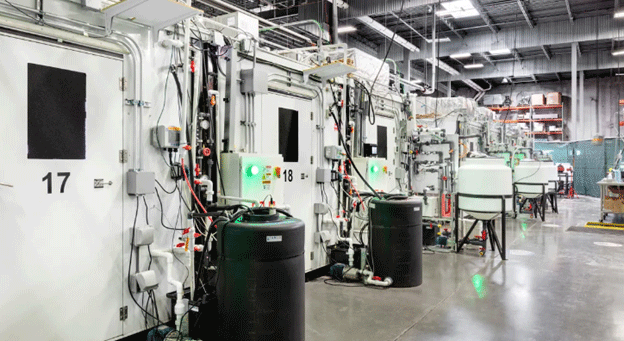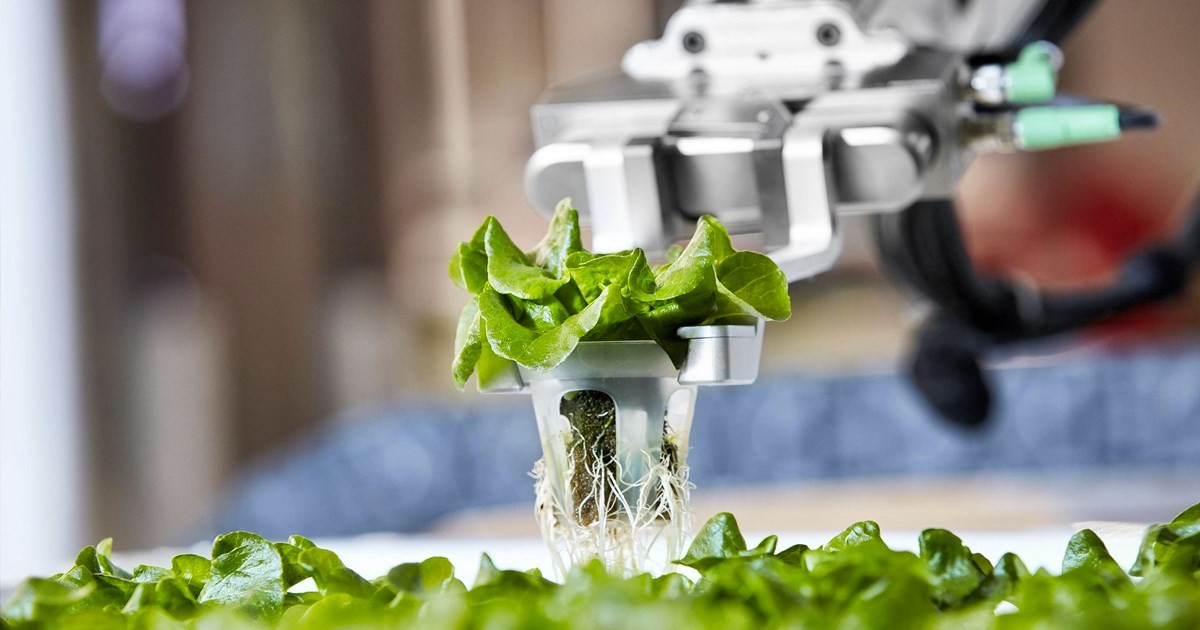In a major move for vertical farming and agriculture, Plenty Unlimited Inc., a leading greenhouse grower, has announced plans for a world-first indoor farming research center in Laramie, Wyoming. Set to become the largest of its kind, this 60,000-square-foot facility will drive innovation in crop development, focusing on more than produce—expanding into food ingredients and pharmaceuticals. According to Plenty CEO Aruma Kukutai, this new research center will serve as a blueprint for a global network of facilities aimed at advancing indoor plant science and increasing agricultural efficiency.
Plenty’s state-of-the-art facility will utilize advanced genetics, cutting-edge hardware, and sophisticated data analytics to accelerate crop growth and expand the range of plants grown indoors. This facility is expected to break ground in 2025, opening in 2026, with $20 million in funding secured for infrastructure. Projects include cultivating strawberries in the Middle East as part of a joint venture in Abu Dhabi and expanding partnerships with major retailers like Whole Foods and Walmart.
Syngenta’s Pheromone-Based Pest Control in Asia
While vertical farming takes center stage in Wyoming, Syngenta Biologicals is advancing sustainable pest control in Asia, in collaboration with agtech company Provivi. The companies are developing two pheromone-based solutions targeting pests like the yellow stem borer in India and the fall armyworm in Thailand. These pheromones offer a safer, ecologically responsible alternative to traditional pesticides, working by disrupting pest mating cycles to limit reproduction and infestations.
This method addresses the challenge of pest management amid changing climate conditions, which impact pest patterns and crop vulnerability. The use of pheromones not only reduces pesticide reliance but also aligns with a broader commitment to sustainable farming practices—a key concern for farmers adapting to evolving environmental pressures.
New Leadership in Food Technology
In a move that could impact the direction of food science and innovation, the Institute of Food Technologists (IFT) appointed Christopher Daubert, dean of the University of Missouri College of Agriculture, Food and Natural Resources, as its new president. With a background in agricultural engineering and more than two decades of experience in food, bioprocessing, and nutrition sciences, Daubert is set to lead IFT’s initiatives in sustainable food production and food safety. His appointment is part of a broader trend in agriculture: elevating leaders who prioritize technological advancement and sustainability.
Peggy Poole, Vice President of Bigelow Tea, was named president-elect, bringing four decades of experience in the food industry. Her extensive background with companies such as Kraft Foods and Häagen-Dazs underscores the importance of food science in a world increasingly focused on responsible production and innovative food technology.
As agricultural practices evolve to meet global challenges, recent advancements in vertical farming, sustainable pest control, and leadership in food science reflect the sector’s drive toward sustainable, high-tech solutions. Plenty Unlimited’s research center in Wyoming is set to advance plant science, while Syngenta’s pheromone-based pest control provides an environmentally friendly option for pest management. Finally, new leadership at the Institute of Food Technologists reinforces the critical role of food science in creating a sustainable food future.
These developments highlight an exciting era for agriculture, where technology, sustainability, and science converge to address some of the industry’s most pressing issues.












